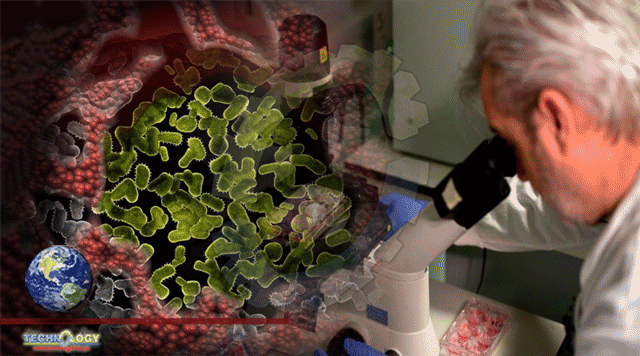Gut bacteria or gut microbes are said to be responsible for awakening dormant and so-called “zombie” viruses inside the human body, as per a new study.

Scientists claim that there is a chemical compound produced by gut bacteria that can activate these dormant viruses.
Upon activation, the study shows that these viruses cause a multitude of infections that kill their host cells, which has been harboring them during their dormant state.
The killer viruses inside the cells are reportedly re-animated from the chemical compound and molecule colibactin.
Dormant and ‘Zombie’ Viruses
In a new study published on Nature on Wednesday, Feb. 23, scientists explored the colibactin chemical produced by gut microbes.
The study started by highlighting the known fact that gut microbes do produce compounds that attack other gut bacteria.
Colibactin is unusual since it does not directly kill microbial cells, which other microbes do, says Emily Balskus, a chemical biologist at Harvard University in Cambridge, Massachusetts and a researcher at the Howard Hughes Medical Institute in Chevy Chase, Maryland-as cited by ScienceDaily.
The study concludes that the chemical can activate and re-animate zombie-like dormant viruses inside a microbial cell in the gut, which contains numerous bacteria that affect not only the gastrointestinal tract but also the overall health and mood of a person; based on recent studies.
The recent study was conducted by researchers from the Howard Hughes Medical Institute-wherein they described that some bacteria possess a “spooky superpower,” as per the Genetic Engineering & Biotechnology News.
Also read: Viruses: They’re Not All Bad, Says Expert
The Colibactin Chemical Compound
According to the new study, colibactin is a small and chemically unstable molecule produced by multiple bacteria, including those on the human gut microbiome.
There have been extensively reported studies about the said chemical but there is only limited knowledge on its effect on other microbes.
In spite of the discovery, scientists are still clueless on why bacteria produce these types of compounds and their specific effects on other microbial organisms inside the gut. A
lthough colibactin is known by scientists to cause damage to human cells and DNA, the discovery was an unprecedented one.
Development of Colorectal Cancer
A study in 2020 found a strain of the Escherichia coli or E. coli in the human microbiome can produce colibactin, which contributes to the increased risk of colorectal cancer since it contains a genotoxic substance, as per the Cancer Therapy Advisor site.
Colorectal cancer or colon cancer is a disease in the colon or rectum of a human.
The disease involves the abnormal and uncontrollable growth of cancer cells in this part of the body, which starts from the large intestine into a passageway that links the colon and anus.
Moreover, it is still unclear whether the discovered killer viruses awakened by colibactin are responsible for causing colon cancer.
Current available scientific data on the topic points out that the cell or DNA-damaging effect of colibactin’s genotoxic substance leads to colorectal cancer.
Source: Nature World News